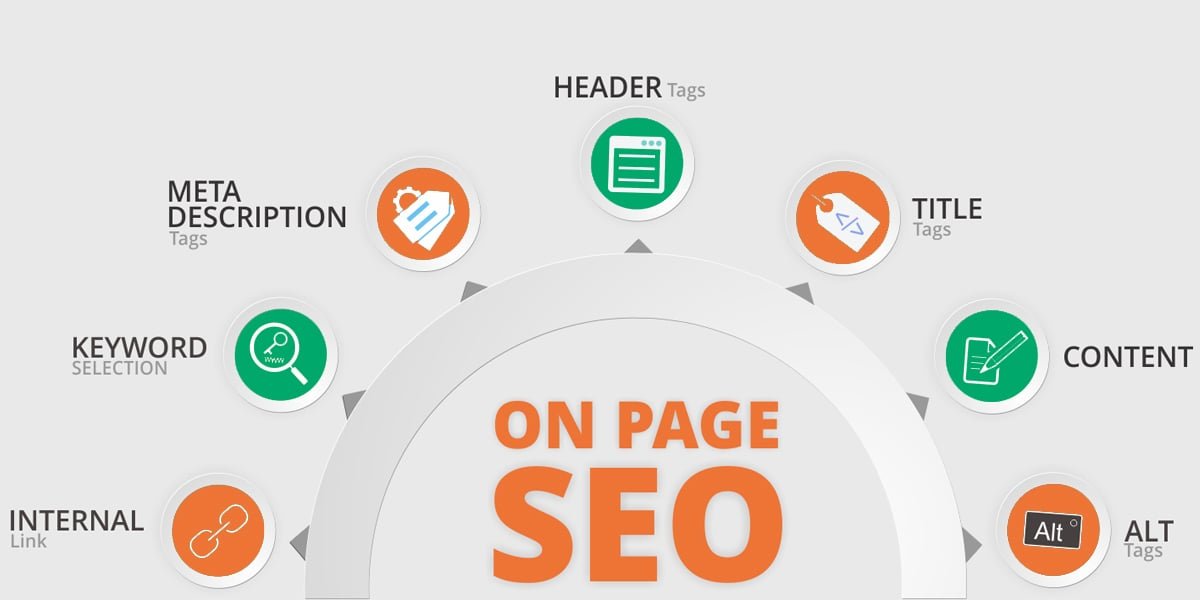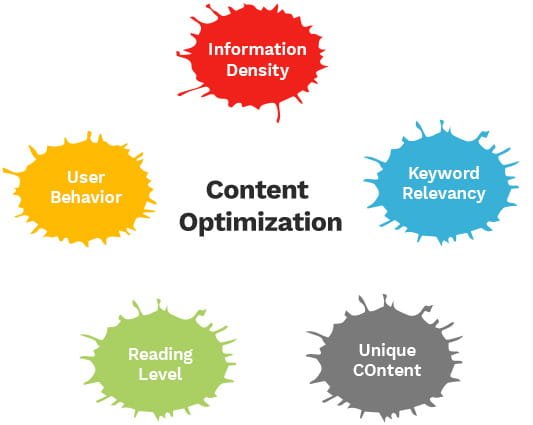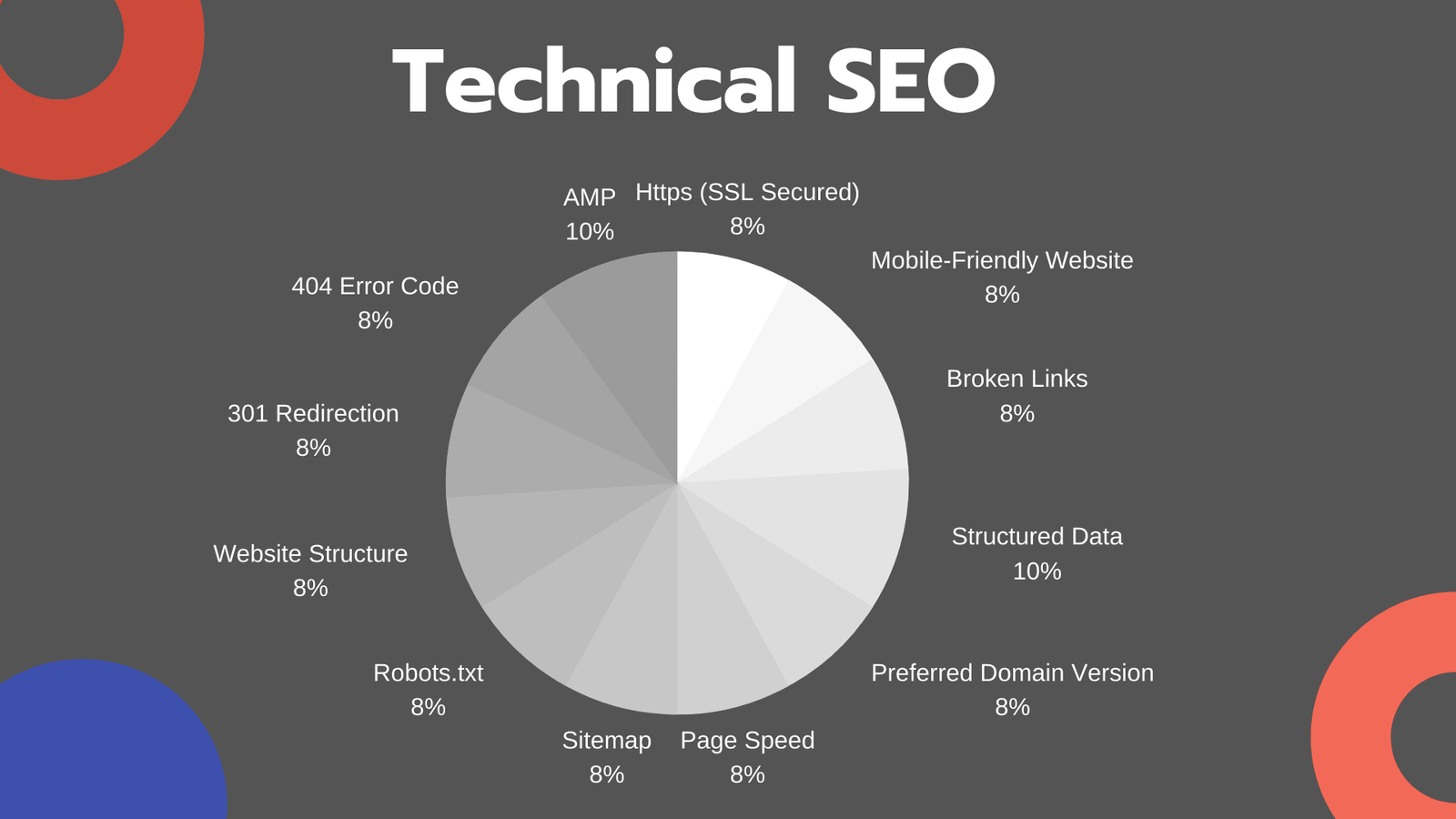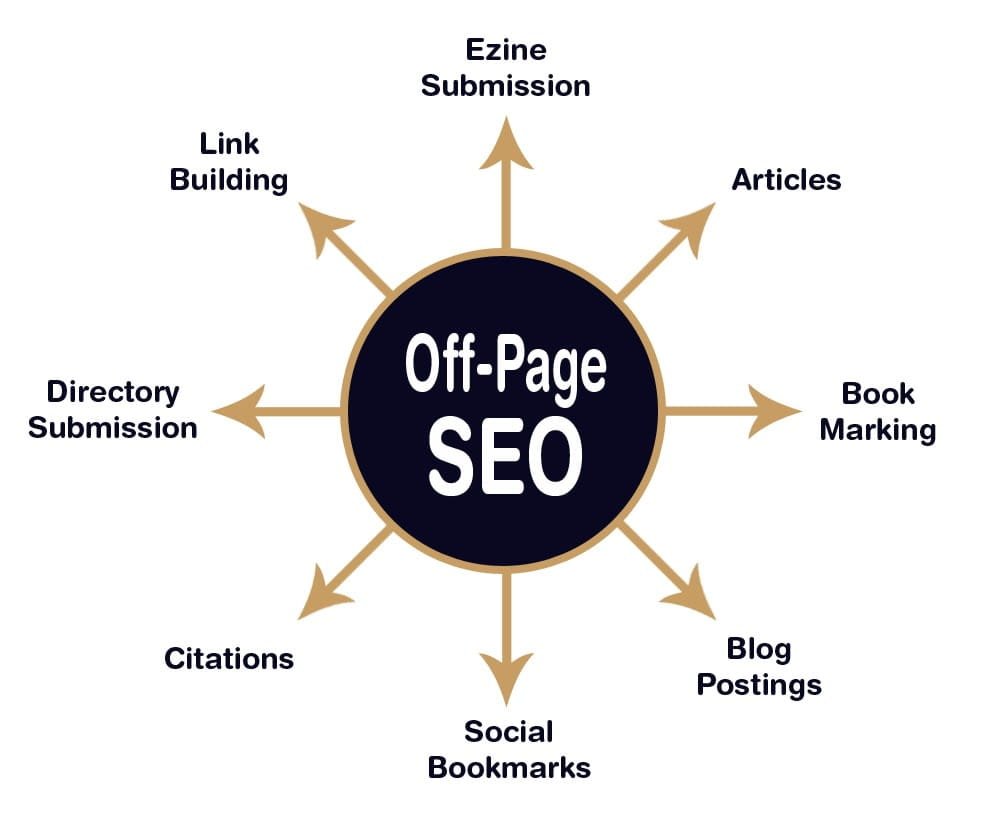
In today’s digital age, including a solid online existence is essential. And guess what? Search engine optimization (SEO) is your best friend for completing this. But what if you want to avoid attacking out big singles for a skilled service? You can do SEO yourself with our DIY SEO Guide. Yes, you listened to that, right? You can optimize your website to climb those search engine orders with some advice and elbow grease.
What is SEO?
SEO, or Search Engine Optimization, enhances your website’s presence in search engine results. It applies to optimizing other parts of your site to appear more prominent when users search for terms associated with your creations or assistance on platforms like Google, Bing, and Yahoo.
By following our DIY SEO Guide, you can draw more organic traffic, improving your site’s power to reach potential clients. The better your website’s visibility in search engine results, the more likely you are to attract attention and future clients. Our DIY SEO Guide equips you with the tools and knowledge to enhance your online presence and drive growth effectively.

How Search Engines Work
Search engines use bots to crawl pages on the web, ranging from site to site, collecting data about those carriers and placing them in an index. Next, algorithms analyze pages in the index, considering hundreds of rating factors to choose the order in which runners should occur in the search results for a shared query.
Is it possible to do SEO yourself?
You can handle SEO on your own! Anyone can learn to optimize their website with the proper knowledge and tools. DIY SEO Guide involves understanding critical concepts like keyword research, on-page and off-page optimization, and using analytics to track progress.
While it requires time and effort, plenty of free resources and tools are available to guide you. By staying committed and consistent, you can achieve significant SEO success independently.
Keyword Research
Keywords are the words and terms that people organize into search engines. They are the basis of SEO. You can optimize your content by understanding your target audience’s keywords to meet their needs.

-
Tools for Keyword Research
Several tools are available to help you find the best keywords for your website. Some popular ones include Google Keyword Planner, Ahrefs, SEMrush, and Moz Keyword Explorer. These tools can help you discover keywords related to your niche and evaluate their competitiveness and search volume.
-
How to Choose the Right Keywords
Selecting the right keywords concerns discovering a balance between search volume and competition. You want keywords that are often studied but are not so competitive that you’ll never rank for them. Long-tail, more precise, and less competitive keywords can target place conditions.
On-Page SEO

-
Title Tags and Meta Descriptions
Header tags are essential in structuring your scope and determining the order of headings and subheadings. They improve the design and readability of your range, making it more convenient for search engines and users. Use an H1 tag for your main title, and type subheadings with H2, H3, and so on to keep a clear and rational flow.
-
Title Tags : (H1, H2, H3)
Header tags determine headings and subheadings within your range. Headings are essential for managing your content, improving readability, and improving SEO. Use an H1 tag for your main title and H2 and H3 tags for subheadings to make a clear structure that search engines and users can effortlessly guide and comprehend.
-
URL Structure
A clean, defining URL structure can enhance your SEO. URLs should be short, include primary keywords, and avoid unnecessary characters or parameters.
-
Internal Linking
Internal linking guides link one page of your website to another. They help search engines understand your site’s design and set a scale, delivering more importance to detailed pages. They even keep guests entertained by providing more range to study.
-
Content Optimization
Content is sovereign in the world of SEO. Provide your range is appropriate, instructive, and amusing. Use your direct keywords inherently throughout the text, but bypass keyword content. Also, have secondary keywords and interpretations to catch a broader audience.
Content Creation and Optimization: Importance of Quality Content
Creating high-quality content is essential for SEO. Not only does it help you rank nicely, but it also entertains your audience and allows them to stay on your site extended, reducing bounce rates.

-
Writing for SEO
When writing for SEO, concentrate on creating content that provides value to your texts. Use your keywords strategically in tags, labels, and throughout the body of the text. Have content that is comfortable to read, well-organized, and grammatical error-free.
-
Use of Multimedia
Including photos, videos, infographics, and other multimedia can make your range more exciting and shareable. Optimize multimedia features by using illustrative file titles and alt text for images.
Technical SEO

-
Site Speed Optimization
A fast-loading website is essential for user knowledge and SEO. Use devices like Google Page Speed Insights to determine and fix issues hindering your site.
-
Mobile-Friendliness
As more users browse the internet on portable devices, your website must be mobile-friendly, responsive, and have good user points on all machines.
-
XML Sitemaps
An XML sitemap aids search engines in comprehending your site’s structure and locating all pages; submit it to Google Search Console to enhance crawled.
-
Robots.txt File
The robots.txt file directs search engines on what to index, helping to avoid redundant or duplicate content.
Off-Page SEO

-
Link Building Strategies
Building high-quality backlinks to your area is a vital off-page SEO strategy. To earn backlinks, visit other websites in your niche, create shareable content, and experience guest blogging.
-
Social Media Signals
While social media passwords are not a natural ranking factor, having a substantial company can drive traffic to your site and improve visibility. Share your content on social media and entertain with your audience.
-
Guest Blogging
Guest blogging affects writing articles for other websites in your enterprise. It’s a fantastic way to get backlinks, boost your direction, and build connections with other bloggers and influencers.
Local SEO
-
Importance of Local SEO
If you have a local business, optimizing for local investigation is required. Local SEO allows you to draw clients in your area and enhances your visibility in local search outcomes.
-
Google My Business
Reasoning and optimizing your Google My Business listing is essential to local SEO. Your comprehensive and accurate listing has up-to-date reference details, company hours, and photos.
-
Local Citations
Local citations online mention your business’s name, address, and phone number (NAP). Provide compatible NAP data across all online guides and media.
Analytics and Tracking
Google Analytics is a vital tool for monitoring your SEO implementation. Set it up to monitor critical metrics like traffic, bounce, and conversion rates.
-
Monitoring SEO Performance
Check your analytics regularly to see how your SEO measures are paying off. Look for directions and ways that can help you purify your system.
-
Using Data to Refine Strategies
Use the data from your analytics to determine what’s performing and what isn’t. Change your SEO plan based on your results to continually enhance your outcomes.
Standard SEO Mistakes to Avoid
-
Keyword Stuffing
Using fewer keywords in your content can help your SEO. Focus on creating natural, readable content that provides value to your readers.
-
Duplicate Content
Having the same content on multiple pages can confuse search engines and harm your rankings. Ensure each page has unique, original content.
-
Ignoring Mobile Users
As mobile usage grows, a mobile-friendly site is essential. Ensure your website is responsive and provides seamless user knowledge across all devices.
Advanced SEO Techniques
-
Schema Markup
Schema markup is a type of microdata that allows search engines to understand your pages’ range. Allowing rich snippets can enhance your visibility when tracking results.
-
Voice Search Optimization
Optimizing your content for spoken questions is essential with the wave in voice search usage. Highlight natural speech and long-tail keywords to catch voice search traffic.
-
Video SEO
Videos effectively engage your audience and boost SEO. Optimize them with clear titles, tags, and descriptions, and ensure they are hosted on a fast, dedicated platform.
SEO Tools and Resources: Free and Paid SEO Tools
Numerous SEO tools, including popular choices like Google Analytics, Google Search Console, Ahrefs, SEMrush, and Moz, can help you optimize your site.
-
Learning Resources
Follow SEO blogs, media, and online courses to stay current with the latest tendencies and best methods. Moz Blog, Search Engine Journal, and HubSpot Academy can be excellent sources of help.
SEO Trends to Watch
Artificial intelligence is transforming the terrain of SEO. AI-powered tools can help you explore data, optimize content, and enhance search orders.
-
Evolving Algorithms
Search engine algorithms are constantly evolving. Stay informed about updates and changes to ensure your SEO strategies remain effective.
-
Future Predictions
The future of SEO will likely involve:
- More personalized search results.
- Increased importance of user experience.
- Continued growth of voice and video search.
Conclusion
DIY SEO Guide is feasible with the proper understanding and devices. You can significantly enhance your website’s search engine order by understanding the basics, performing thorough keyword analysis, optimizing your range and technical elements, building quality backlinks, and keeping up with directions. Place: SEO is a marathon, not a sprint. Stay stoic, stay constant, and you’ll see the effects.
FAQs
How much time does it typically take to observe the effects of SEO efforts?
Can I do SEO without any technical knowledge?
How often should I update my SEO strategy?
Is it necessary to hire an SEO professional?








